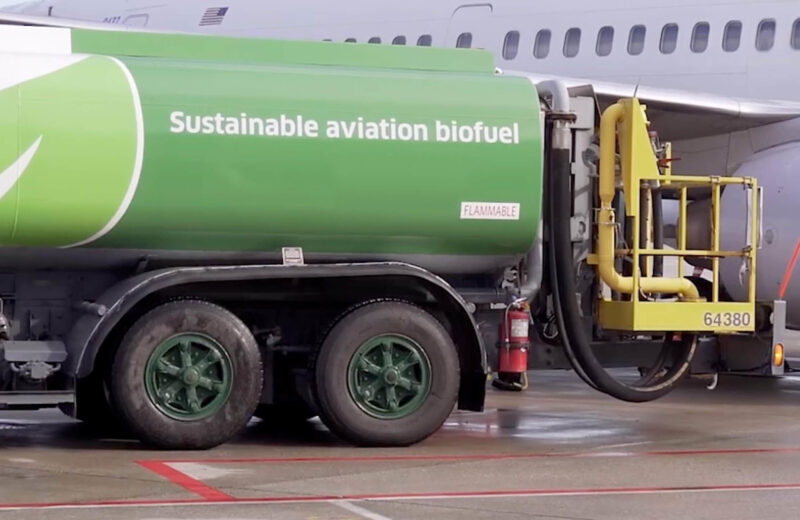Global aviation to cut 5% emissions by 2030 via SAF: ICAO

Leaders representing aviation sectors from across the world have adopted a collective goal to reduce their carbon emissions by 5% by 2030 through use of Sustainable Aviation Fuel (SAF) at the third Conference on Aviation and Alternative Fuels (CAAF/3).
The target came at the lower end of the expected range of 5-8% by 2030.
Governments from over 100 states, meeting with industry and civil society agreed to reduce carbon intensity through a transition to SAF and, as an interim tool, the use of lower carbon aviation fuels (LCAF).
“This is another milestone moment for our sector, coming on the back of last years’ agreement to meet net-zero carbon by 2050. The agreements reached at CAAF/3 will help fill in the details of that net-zero pathway. A shift towards a replacement of fossil fuels by SAF will require significant investment,” Haldane Dodd, Executive Director, Air Transport Action Group.
“The agreement today helps to provide another layer of certainty to unlock the trillions in capital needed. Aviation has provided a near-term objective and the global framework. Now it is up to the finance community and energy sector to support the necessary infrastructure and start delivering SAF in ever increasing quantities.”
The conference agreed to a Global Framework for Cleaner Energies, which provides for assistance to help countries with the transition. It includes capacity building programmes, knowledge and technology transfer, the needed access to financing and guidance on the best policies to help scale SAF.
“A global average goal allows some parts of the world to move fast and develop their existing base of SAF deployment whilst leaving room for other states to build up the capabilities needed for SAF production and use,” said Dodd.
